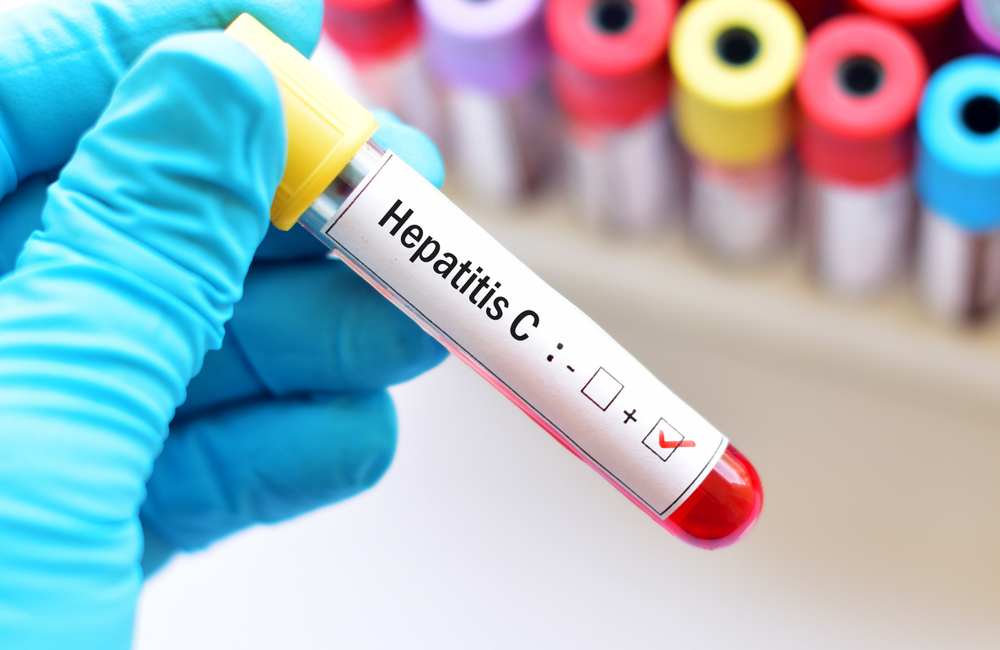Symptoms of Hepatitis C Virus

The symptoms of liver failure include generalized flu-like symptoms, as well as more specific signs of liver involvement because the virus targets the liver.7 Common symptoms that occur in both the acute and chronic phase of HCV infection generally last longer and are more severe during the chronic stage of the infection.
The most common symptoms of HCV include symptoms that are not specific to hepatitis and occur with most infections. These symptoms are largely due to the activity of the body's own immune system as it fights the virus.
Some of the symptoms of acute and chronic stage HCV are similar to the symptoms of any liver disease.
- Bleeding and Bruising: The liver plays a role in producing proteins that aid in blood clotting, which is part of healing from an injury. Bleeding and bruising can be signs of liver dysfunction, resulting from the viral attack on the liver, as well as the body's inflammatory response to the virus.
- Dark-colored urine: The build-up of bilirubin, which is produced when the liver is infected or impaired, can cause jaundice, as well as the dark coloring of the urine (choluria), and pale or chalky stools.
- Pale or chalky stools
If you develop symptoms of liver failure or severe infection, you should see your internist doctor, as the cause could be HCV or another serious condition that also requires medical attention.
